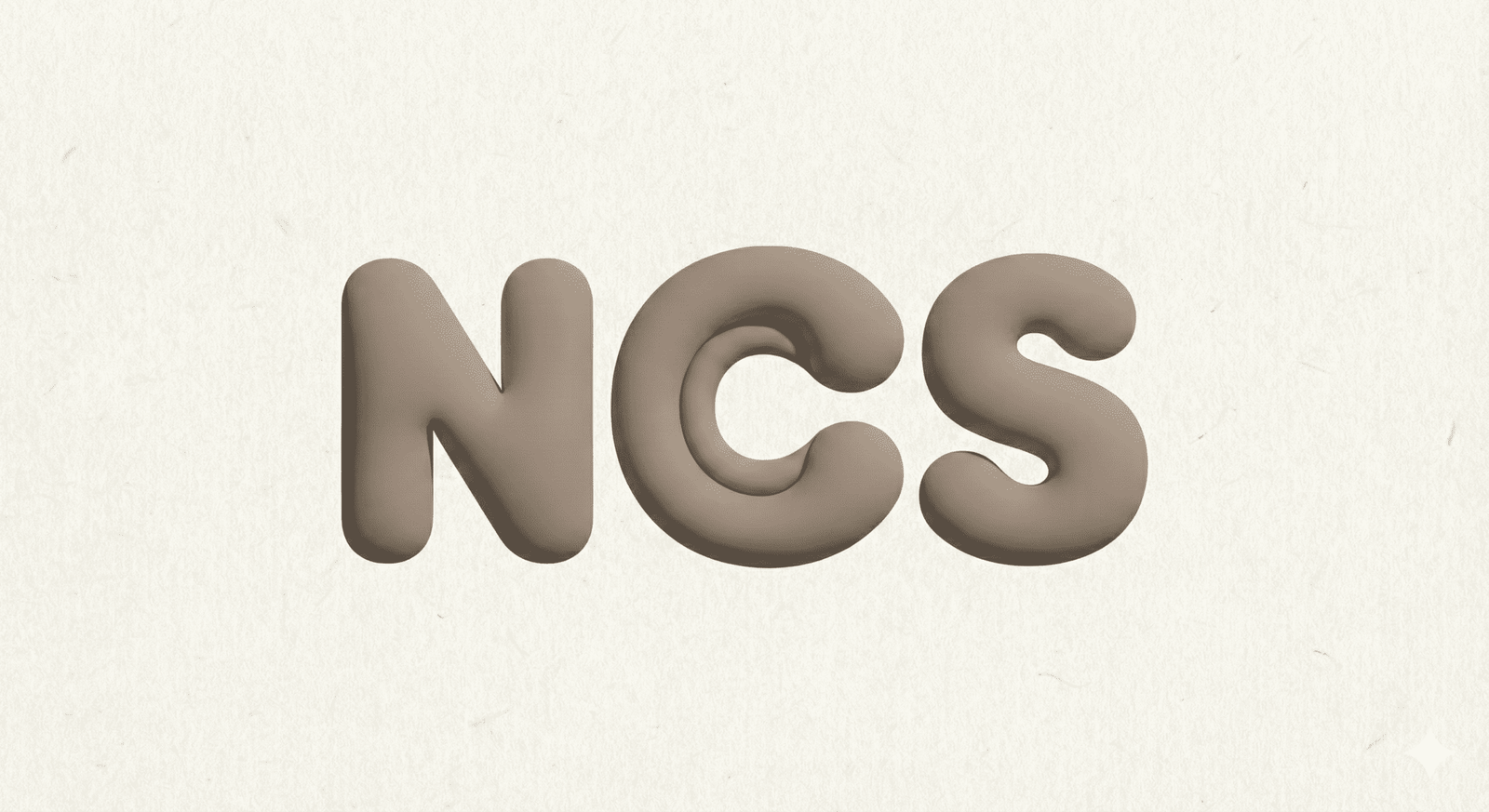Sourcing slippers in the United Arab Emirates (UAE)? Navigating the market can be challenging. This listicle explores 5 key players in the UAE slipper landscape, outlining their strengths and weaknesses to help you make informed decisions. But if you are searching for highly customized designs, massive production scale, or strict adherence to sustainability practices that may be difficult to find locally, we have added a bonus global sourcing option for you.
1. ARAMIS Shoes LLC:
- Overview: ARAMIS Shoes is a well-known footwear company based in Dubai with a significant presence in the UAE market. While they may focus on trading and retailing, they likely partner with local or overseas manufacturers to produce slippers under the ARAMIS brand.

- Business Details:
- Product Range: Diverse footwear, including slippers, sandals, sneakers, and formal shoes.
- Sales Channels: ARAMIS retail stores, wholesale channels, online store.
- Market Positioning: Mid-range market.
- Target Customers: Price and fashion-conscious consumers.
- Pros: Established brand recognition in the UAE, diverse product line, varied sales channels.
- Cons: May not directly control production, faces competition from international brands, designs may be relatively traditional.
2. Level Shoes:
- Overview: Level Shoes is a sprawling luxury shoe retailer inside the Dubai Mall, showcasing numerous high-end footwear brands from around the world. While they don’t manufacture slippers, they hold significant influence in the UAE’s luxury footwear market.

- Business Details:
- Product Range: High-end branded footwear, including slippers, sandals, heels, and sneakers.
- Sales Channels: Level Shoes retail store (Dubai Mall), online store.
- Market Positioning: High-end market.
- Target Customers: Luxury and quality-seeking consumers.
- Pros: Strong brand portfolio, prime location (Dubai Mall), offers a superior shopping experience.
- Cons: Very high prices, likely does not directly control production, smaller target customer base.
3. Local Workshops Focusing on Leather Sandals and Traditional Emirati Slippers:
- Overview: In some regions of the UAE, particularly in traditional markets (like near the Spice and Gold Souks in Dubai), you can find small workshops specializing in crafting leather sandals and traditional Emirati-style slippers.

- Business Details:
- Product Range: Handcrafted leather sandals and traditional Emirati slippers.
- Sales Channels: Local markets, tourism markets, online stores (potentially).
- Market Positioning: Niche market, tourism market.
- Target Customers: Consumers who appreciate traditional craftsmanship and culture, tourists.
- Pros: Unique product offerings with cultural value, often high-quality craftsmanship, ability to provide customized services.
- Cons: Very small production scale, higher prices, potentially limited marketing and sales channels.
4. Importers and Distributors of Slippers from China, India, and Other Asian Countries:
- Overview: Similar to Saudi Arabia, numerous UAE companies import slippers from China, India, Vietnam, and other Asian countries, distributing them throughout the UAE market. These companies cater to the UAE market’s demand for slippers at various price points and styles.

- Business Details:
- Product Range: Wide variety of slippers, including plastic, fabric, and leather slippers.
- Sales Channels: Wholesale channels, retail channels, online stores.
- Market Positioning: Broad range, depending on the specific product.
- Target Customers: Consumers of all ages and income levels.
- Pros: Wide selection of products, potentially lower prices, quick response to market demands.
- Cons: Inconsistent product quality, may lack brand building, may face intense price competition.
5. Retail Chains Like Carrefour, Lulu Hypermarket, and Union Coop:
- Overview: These large retail chains have extensive branch networks throughout the UAE, selling a variety of goods, including affordable slippers. These slippers are typically sourced from other manufacturers or importers.

- Business Details:
- Product Range: Diverse range of goods, including affordable slippers.
- Sales Channels: Supermarket retail stores.
- Market Positioning: Mass market.
- Target Customers: Mass consumers.
- Pros: Low prices, convenient purchasing, large customer base.
- Cons: Potentially lower product quality, designs may lack innovation, may lack brand building.
6. Ningbo Cotton Slipper Co., Ltd.: Your Global Partner for Customized Slipper Solutions
If you need extensive customization, large production runs, or specific sustainability requirements, a global partner can be invaluable. Ningbo Cotton Slipper Co., Ltd. is a leading Chinese slipper manufacturer specializing in high-quality home slippers and EVA plastic slippers for B2B customers. Since 2018, they’ve empowered brand manufacturers, distributors, wholesalers, larger retailers, and promotional companies – over 2000 customers! – to create customized slippers that perfectly represent their brand. Their commitment to quality and reasonable pricing is unmatched.

- Pros: Specializes in OEM and ODM, one-stop solutions (design to after-sales), competitive pricing, low minimum orders, fast sampling (3 days for custom designs!), globally recognized certifications, diverse product range, sustainable practices.
- Cons: Based in China (potential for longer lead times/shipping), B2B only.
Ready to create custom-branded slippers? Contact Chris Lu, Sales Director, at chris@evaslippers.com or +86 183 6872 8228 to discuss your specific needs! WhatsApp: +1 (303) 210 8376

